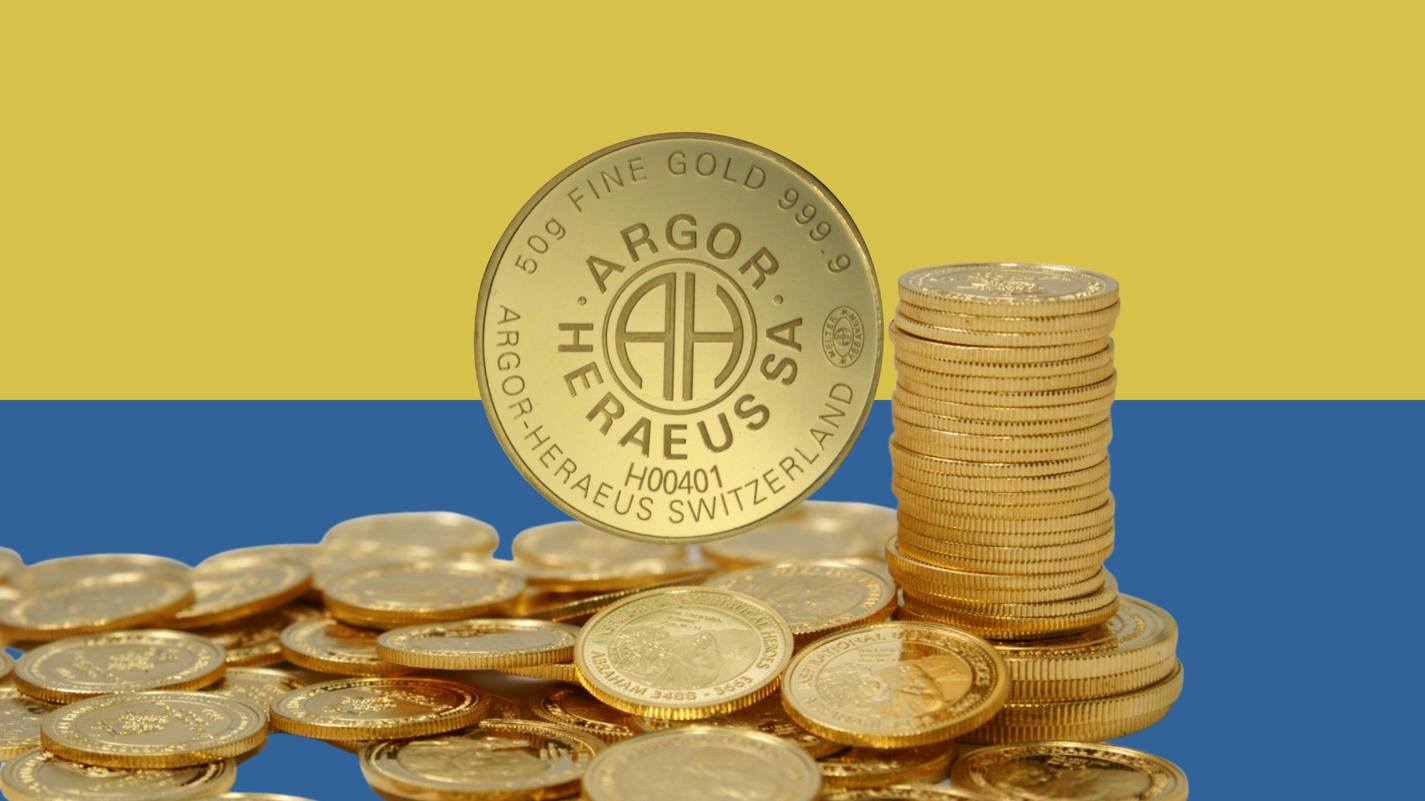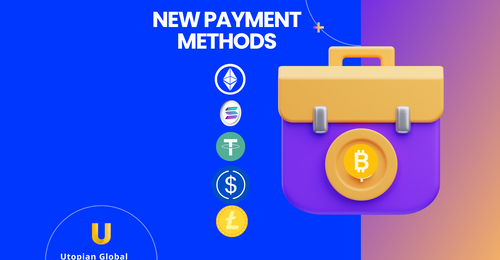
According to recent stats, 3.27 million refugees have fled Ukraine since Feb 24, 2022. (Source:
UNHCR)
The Russian-Ukraine conflict has spurred commodities markets upward, with oil prices hitting highs unseen in 7 years.
With cities now looking like ghost towns and the Russian Ruble ticking upwards, financial markets still wait for new developments on the conflict.
If you’re looking for a summary of what has happened so far, look no further. This article contains a summary of the crisis and its economic effects.
Ukraine-Russian crisis – What’s happened so far
● 24th Feb – The first ever round of missiles are aimed at Ukrainian cities in the Russia-
Ukrainian crisis.
● 25th Feb – Ukrainian martial law is now in effect. Military-age men between the ages of 18
and 60 are banned from leaving Ukraine.
● 27th Feb – Russian banks find themselves removed from the Swift interbank system. This
makes it harder for Russian firms and institutions to conduct business internationally.
● 28th Feb – According to UN estimates 520,000 Ukrainians have left the country.
● 1st March – YouTube states it will block Russian Channels such as RT news network and
Sputnik news agency across Europe effective immediately.
● 2nd March – According to U.N estimates, more than 1 million people have now left Ukraine.
This mass movement of refugees has been recorded as one of the fastest in the century.
● 4th March – Russia blocks Facebook and other websites.
● 5th March – Russia puts ceasefires into effect around Mariupol and Volnovakha to allow a
safe exit for citizens.
● 7th March – According to EU foreign policy chief Joseph Borell, around 5 million Ukrainians
are expected to flee the country if Russia’s bombing continues.
● 8th March – UNHCR estimates the number of refugees at 1.7 million. McDonald’s is set to
close all 847 of its restaurants in Russia according to a statement.
● 10th March– U.S government votes 414-17 to ban Russian oil and other energy products by
way of the house of representatives.
● 14th March– World bank approves around 200 million $ of finance to help Ukraine in their
support for vulnerable people.
● 16th March – Around 3 million people have fled Ukraine.
What has happened in economic terms so far?
JP Morgan’s foreign currency exchange exports estimate Russia’s currency to average 105 rubles per dollar throughout 2022. The average exchange rate in 2021 was 73 rubles per dollar
JP Morgan further predicts the country’s GDP is set to decline by 7% in 2022, with inflation
exceeding 14%.
Russians turn to gold for protecting their wealth
Russians are now turning to gold to protect their investment, their buying power bolstered by
Russia’s scraping of the country’s 20% VAT on precious metals purchases source https://www.forbes.com/sites/zengernews/2022/05/02/russias-move-to-gold-may-jolt-your-company/?sh=1d6c12db72e6
Wheat markets crippled
Russia and Ukraine make up for 25% of the global wheat supply (Source : marketwatch.com) and due to the conflict, European countries are now turning to U.S for a fresh wheat supply.
Oil Markets
OPEC+ has missed its production target by 1 million barrels per day for the month of February.
According to CRUDE Oil WTI (USD/Bbl), prices have steadily increased from Dec 1 onwards. (Prices on Dec 1st were 65.37$/Bbl) until the Russian-Ukrainian crises.
The Russia-Ukraine Crisis and sanctions on Russian oil caused oil prices to skyrocket, hitting a peak of 123$/Bbl.
(At the time of writing this article, prices are at 107$/Bbl, still 42$ higher than on Dec 1 st , when Oil prices started to pick up from a low point.)
Utopian Global offers you 999.9%, LBMA-certified gold. Head on over to invest!
Our prices are updated daily and reflect the best possible price you can buy top-notch gold for!
Disclaimer: None of the information contained here constitutes an financial advice, offer (or solicitation of an offer) to buy or sell any product or to make any investment, or to participate in any particular strategy.
Utopian Global does not take into account your personal investment objectives, specific investment goals, specific needs or financial situation and makes no representation and assumes no liability to the accuracy or completeness of the information provided here. The information and publications are not intended to be and do not constitute financial advice, investment advice, trading advice or any other advice or recommendation of any sort offered or endorsed by Utopian Global.



